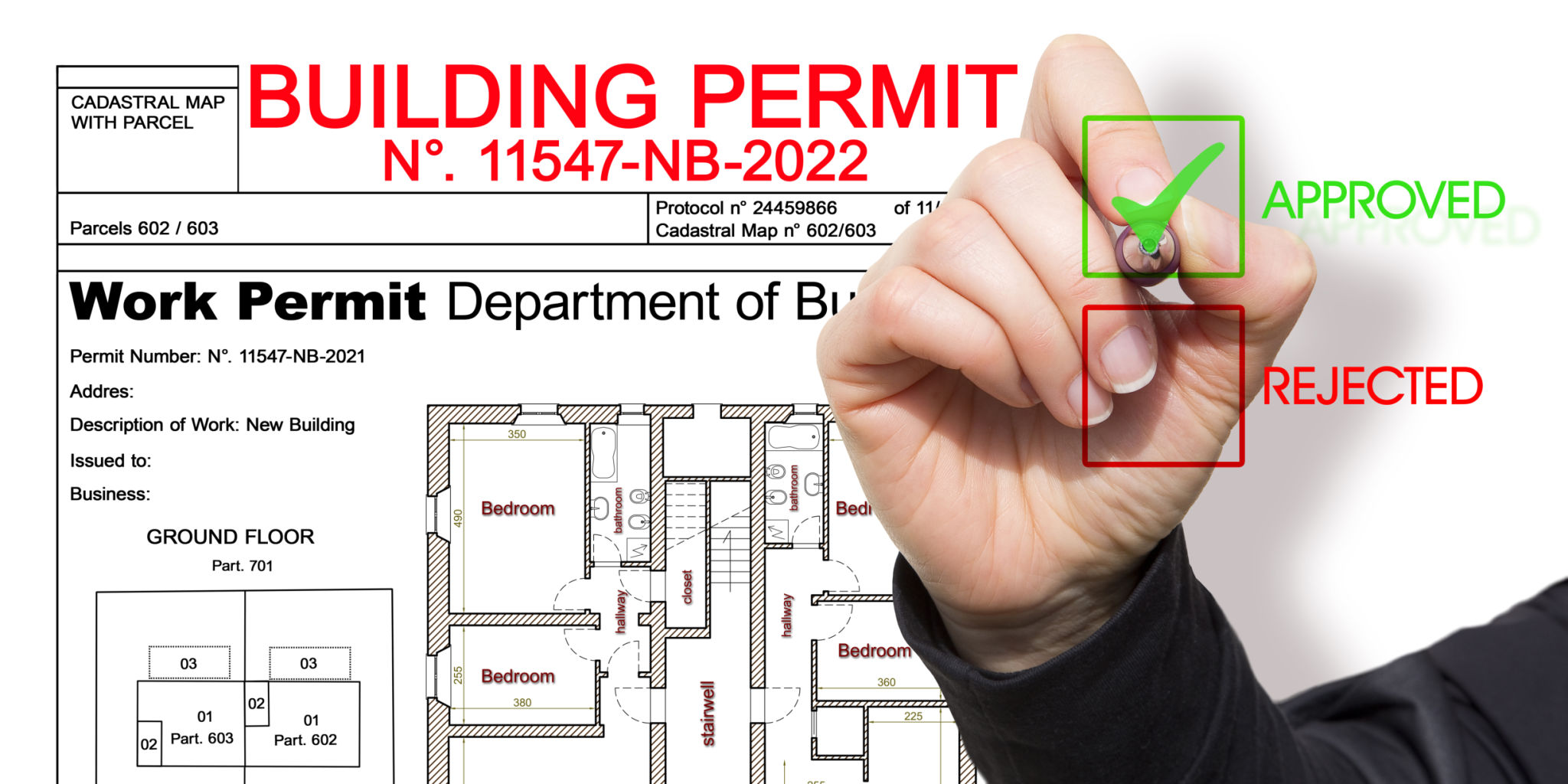The Ultimate Guide to Commercial Building Renovations
Understanding the Basics of Commercial Building Renovations
Commercial building renovations are an essential aspect of maintaining and enhancing the value of your property. Whether you're updating an office space or transforming an entire commercial complex, renovations can significantly improve functionality, aesthetics, and marketability. However, navigating the renovation process requires careful planning and execution.

Before diving into a renovation project, it’s crucial to conduct a thorough assessment of the current state of the building. This initial evaluation will help identify areas requiring immediate attention, such as structural repairs, outdated systems, or aesthetic improvements. A clear understanding of your goals and budget will guide the project's scope and ensure a successful outcome.
Planning Your Renovation Project
Effective planning is the cornerstone of any successful commercial renovation. Start by assembling a team of professionals, including architects, contractors, and interior designers. These experts can provide valuable insights and help you develop a realistic timeline and budget. It's important to prioritize renovations that align with your business objectives and offer the greatest return on investment.
Consider factors such as energy efficiency, modern technology integration, and compliance with current building codes. Incorporating sustainable practices can also enhance the building's appeal to environmentally conscious clients and tenants.

Key Renovation Areas to Focus On
When it comes to commercial renovations, certain areas tend to have the most significant impact. Here are some key areas to focus on:
- Facade and Exterior: A fresh facade can dramatically boost curb appeal and brand image.
- Interior Layout: Optimize the layout for better workflow and space utilization.
- HVAC Systems: Upgrading these systems can improve energy efficiency and comfort.
Additionally, consider updating lighting systems to LED options and enhancing security features for the safety of occupants.
The Importance of Compliance and Permits
Ensuring compliance with local regulations and obtaining necessary permits is a critical step in the renovation process. Failing to adhere to these legal requirements can result in costly delays or even fines. Work closely with your contractor to understand all the necessary permits and inspections required for your project.

Keep in mind that codes and regulations vary by location and building type, so it's essential to stay informed about any changes that may impact your renovation plans.
Managing the Renovation Timeline
A well-structured timeline is crucial for minimizing disruptions to your business operations during renovations. Break down the project into phases and set realistic deadlines for each stage. Regularly communicate with your team to track progress and address any unforeseen challenges promptly.
Consider scheduling renovations during off-peak seasons or after business hours to minimize impact on daily operations. Effective time management will ensure that your project stays on track and within budget.
Post-Renovation Considerations
Once renovations are complete, conduct a thorough inspection to ensure all work meets your standards and expectations. Address any deficiencies or unfinished tasks promptly to avoid future complications. It’s also a good time to plan regular maintenance schedules to preserve the value and functionality of your newly renovated space.

Finally, take advantage of the enhanced space by marketing it effectively. Highlight the improvements in promotional materials and tours for potential tenants or clients. A well-executed renovation not only improves the physical space but also elevates your business's reputation and appeal.
